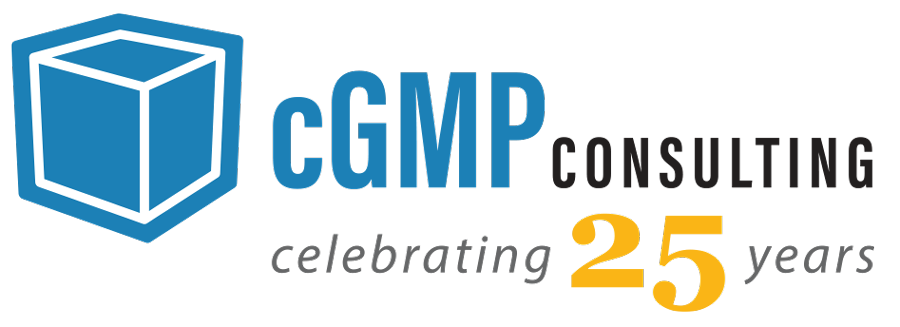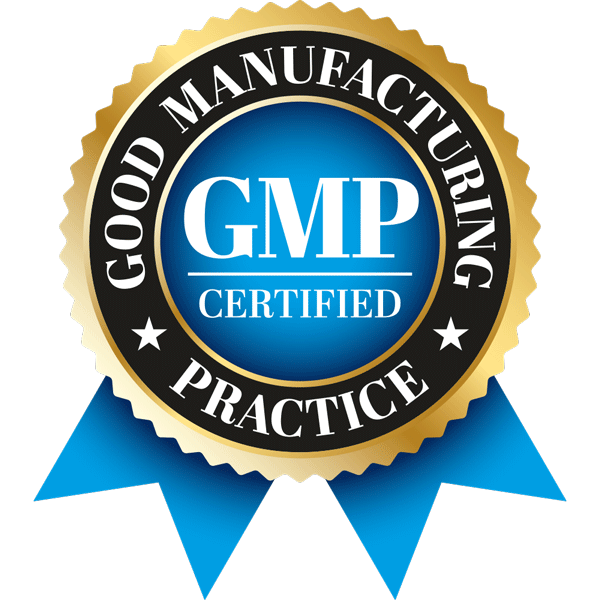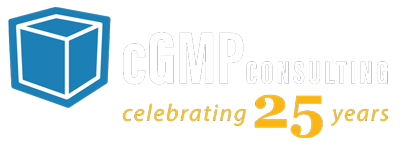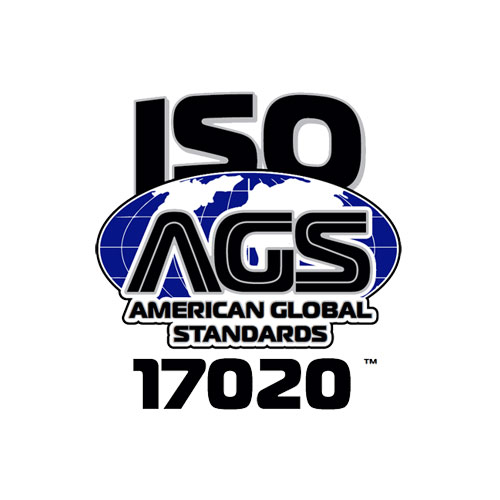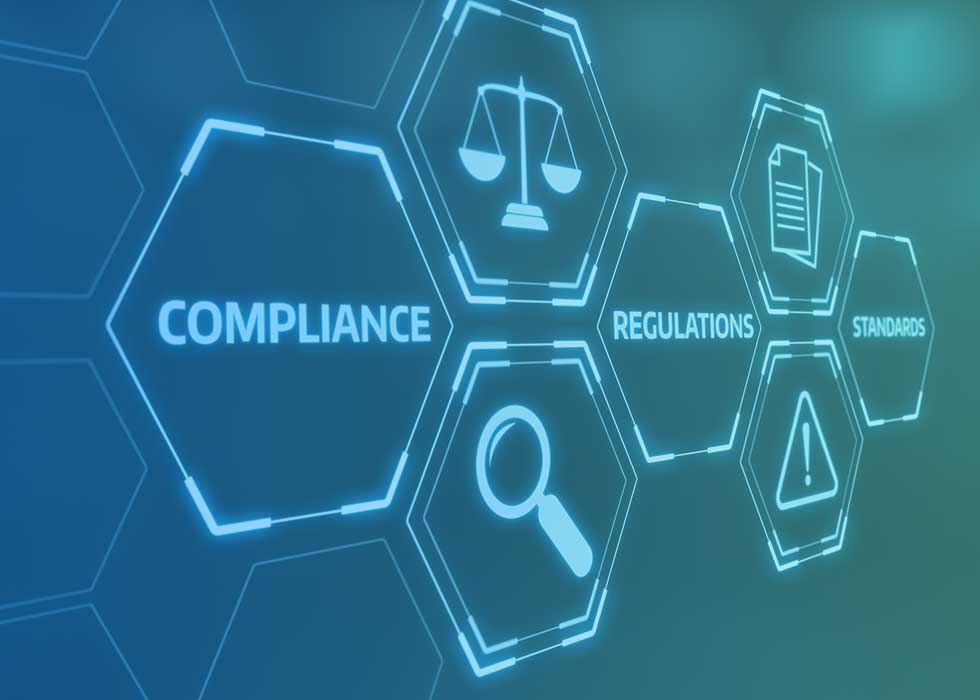
8 Key Challenges in Obtaining & Maintaining GMP Certification
Obtaining and maintaining Good Manufacturing Practice (GMP) certification is essential for ensuring the safety, quality, and efficacy of products in various industries. However, the path to achieving and sustaining GMP Certification can be demanding, particularly in small organizations.
Key Challenges in GMP Certification
Here are eight key challenges that companies often face and how cGMP Consulting can assist in overcoming them:
- Understanding Regulatory Requirements
GMP regulations are comprehensive and can be overwhelming. To ensure compliance, it’s crucial to understand the specific requirements relevant to your industry and products. Regulatory standards and best practices are continually evolving, making it important to stay current. Organizations must invest in continuous learning and adaptation to meet these changing standards effectively.
- Resource Allocation
Implementing GMP standards often requires a significant investment in time, money, and personnel. Smaller companies, in particular, can struggle with supplying sufficient resources. The costs associated with upgrading facilities, training staff, and maintaining compliance can be a burden. Strategic planning and efficient resource management are essential to overcoming this challenge.
- Documentation & Record Keeping
Compliance with GMP involves rigorous documentation and record-keeping. Every process, procedure, and action must be meticulously documented to ensure traceability and accountability. Maintaining accurate and up-to-date records can be time-consuming and labor-intensive but is critical for demonstrating compliance during inspections and audits.
- Education & Training
Continuous education and retraining of staff are crucial for maintaining GMP compliance. This process can be resource-intensive and may meet resistance from employees who are comfortable with the status quo. To overcome this, companies must foster a culture of continuous improvement and emphasize the importance of adhering to updated processes and procedures.
- QMS Development
Developing and maintaining a robust Quality Management System (QMS) is complex. A comprehensive QMS must cover all aspects of manufacturing and quality control, including document control, process validation, and corrective and preventive actions (CAPA). Ensuring that the QMS is effective and aligns with GMP standards requires ongoing effort and expertise.
- Internal Audits
Regular internal audits are essential for ensuring ongoing compliance but can be disruptive and resource-heavy. Preparing for and conducting these audits requires attention to detail. Companies must allocate sufficient resources and time to perform thorough audits and address any identified deficiencies promptly.
- Change Management
Implementing changes in processes and systems to comply with GMP standards can be challenging. Effective change management strategies are necessary to ensure smooth transitions without disrupting production. Companies must communicate changes clearly, provide adequate training, and monitor the implementation to minimize resistance and ensure compliance.
- Risk Management
Identifying and mitigating risks to product quality and safety is a critical aspect of GMP compliance. Developing effective risk management strategies can be difficult, as it requires a thorough understanding of potential hazards and the implementation of appropriate control measures. Regular risk assessments and proactive measures are essential to prevent quality issues and ensure the safety of products.
How cGMP Consulting Can Help
With over 20 years of experience, cGMP Consulting provides expert guidance and support to help your organization navigate these challenges and achieve cGMP certification. Here’s how we can assist:
- Expert Guidance: Our team offers in-depth knowledge of regulatory requirements and best practices, ensuring your organization stays compliant and up-to-date with evolving standards.
- Customized Audits: We conduct tailored audits specific to your business and product needs, identifying gaps and providing actionable recommendations for improvement.
- Preparation for Future Audits: We help you prepare for regulatory or customer audits, ensuring that all documentation and processes are in order and compliant with cGMP standards.
Benefits of Partnering with Us
- Experience and Expertise: Leverage our extensive experience to enhance your compliance efforts and streamline the certification process.
- Resource Optimization: Our tailored approach helps you allocate resources efficiently, minimizing the burden on your organization.
- Continuous Improvement: Benefit from our ongoing support and training programs, fostering a culture of continuous improvement and compliance.
- Risk Mitigation: Implement effective risk management strategies with our expert guidance, ensuring the safety and quality of your products.
Conclusion
GMP certification can be challenging but valuable for companies in regulated industries. By understanding and addressing these eight key challenges, and with the expert support of cGMP Consulting, organizations can enhance their compliance efforts and ensure the production of high-quality, safe, and effective products. Investing in continuous education, robust documentation practices, effective change management, and comprehensive risk management strategies will help companies achieve and maintain GMP certification successfully. Take our readiness questionnaire, it will only take five minutes to complete or contact us today to learn more!
